What You Urine Says About Your Health
Have you ever wondered why your urine is a dark yellow sometimes? Wondering what’s causing it and whether you should be worried? Want to know what to do and how to stop it
Your urine can give a lot of clues to your health and what is going on inside your body. It’s easy to forget that urinating is a way your body gets rid of the things it doesn’t need and ‘flushes’ out your system of things that shouldn’t be there. Just as you would check your temperature for a fever, checking your urine can give you a better understanding of why you feel a little bit ‘off’.
To look for changes, you must of course know what is ‘normal for you.’ Everybody’s ‘normal’ is different so for you having a light-yellow urine when you are fully hydrated maybe normal but for someone else a straw-like yellow urine maybe ‘normal’. So, firstly make sure you know your urine looks like when you’re hydrated, that way you can work out if something is wrong or abnormal
Try checking your urine when you get up in the morning. Here, you would have most likely had 8-12 hours of not drinking anything, so you’ll be able to see what your urine looks like when you’re not hydrated. Then go back and check your urine at around lunch time, once you had consumed more liquids and are slightly more hydrated. If you can then check again before you head to sleep, when you should be fully hydrated, you’ll soon learn common occurrences and your ‘normal’ color. This will make noticing differences a lot easier for you
You may also want to try tracking your urine color. This may sound a bit strange, but if you begin to notice any changes to your urine and you’re not sure what could be causing them, keeping a diary may help. This will also be really helpful for your doctor if you have to pay them a little visit with your concerns, as you’ll be able to give them a lot more detail if you have written it all down somewhere.
So, if you want to know more about what can affect your urine color and what it might mean, we’ve put together a list of reasons that may be causing your urine to be dark yellow and tips on how to stop it and when to seek medical advice.
Reasons why your urine is dark yellow:
There are a number of reasons that could be causing your urine to be dark yellow, some of which are more serious than others. Many common causes for dark urine can be fixed at home quite easily, though others you may need to seek medical attention.
Most common causes
- Dehydration
- Foods
- Medications/vitamins
- Pregnancy
Dehydration:
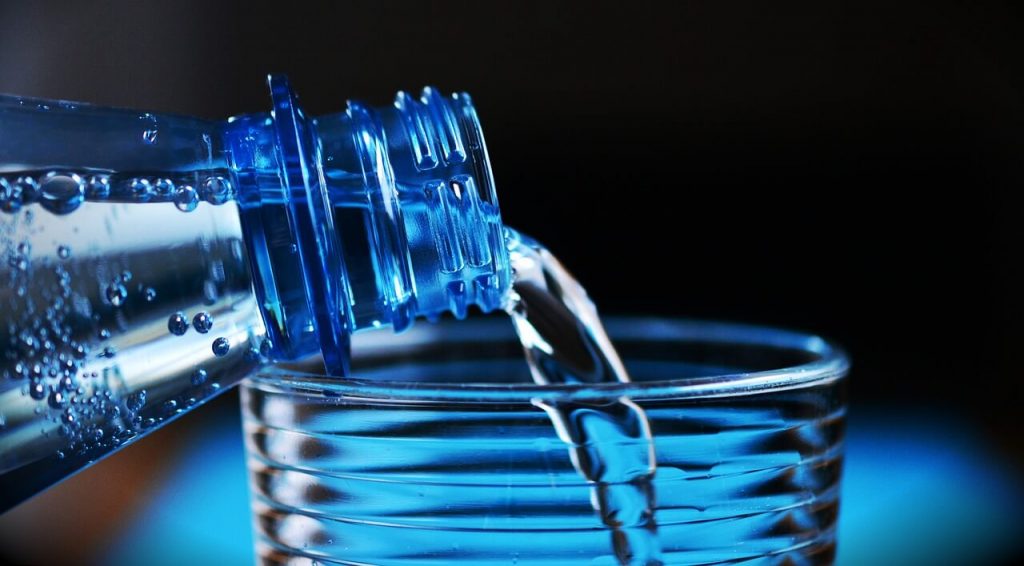
Dehydration is one of the most common cause of dark yellow urine. It is recommended that you drink at least 8 glasses of water a day (1.5-2 liters) to stay hydrated, though this can vary person to person. Around 60% of your body weight is water and staying hydrated is important when it comes to your body functioning properly including;
- Getting rid of wastes
- Keeping body temperature balanced,
- Protecting sensitive tissues
- Lubricating and cushioning joints.
If you are dehydrated, this could be what is causing your urine to turn dark yellow due to it being over-concentrated with waste. As well as being dark yellow, you may notice your urine has a stronger odor. You may also be suffering from other symptoms if you are dehydrated, so look out for those too, if you want to be sure
Other symptoms:
- Headaches
- Light-headedness/dizziness
- Thirst
- Constipation
- Dry mouth and skin
- Tiredness
When you should increase water intake to prevent dehydration:
Some days you may need less/more water to stay hydrated, depending on what you are doing, where you are and how you feel health wise. Below is a list of situations which could mean you need to increase you water intake in order to prevent becoming dehydrated:
- Exercise
- Weather is hotter than usual
- Drinking alcohol
- Suffering from sickness and diarrhea
- Suffering from high temperature/fever
Who is more likely to be affected by dehydration:
As with most things, certain people are more likely to become dehydrated. Therefore, if you know you are prone to dehydration it’s really important to put in place routines which can help avoiding that happening.
People who suffer from diabetes:
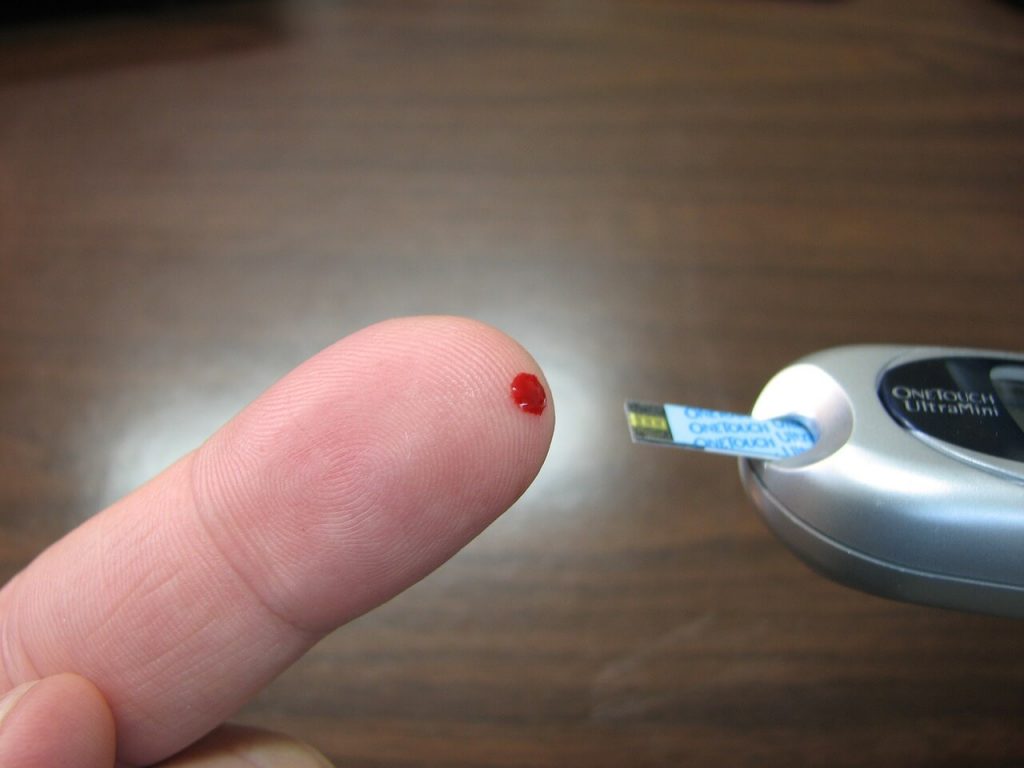
If you suffer from diabetes, there is already a risk of injury to your kidneys. Becoming dehydrated can cause your blood sugar levels to rise which will cause stress to the kidneys. Therefore, avoiding dehydration is really important. If you suffer from diabetes and your doctor has put you on fluid restriction due to kidney, heart or lung disease, make sure you speak to your doctor about the amount of fluids you should be consuming to stay hydrated.
People suffering from vomiting and diarrhea:
If you are suffering from a sickness and diarrhea, food poisoning or something else causing vomiting and diarrhea, you must make sure you are replacing the fluids, sugar, salt and minerals you are losing. If this does not happen, then there is risk of becoming dehydrated. If you are able to, speak to your pharmacists about oral rehydration sachets which will boosts all the elements you need to stay hydrated. Also make sure you sip water slowly, this will again help keep hydrated throughout the sickness.
People suffering from heat stroke:
It’s easy to get carried away if you’re on holiday or just enjoy soaking up the hot weather. It’s really important if you are doing so that you make sure you drink water regularly and find shade often to keep your body temperature down. If you are by a pool, simply taking a quick dip to cool down your body will help prevent you getting too hot, even if it’s dipping your legs whilst being sat on the edge, wearing a hat and sunglasses.
If you do unfortunately suffer from heat stroke and therefore dehydration, there are a few things you can do to make sure you get better quick.
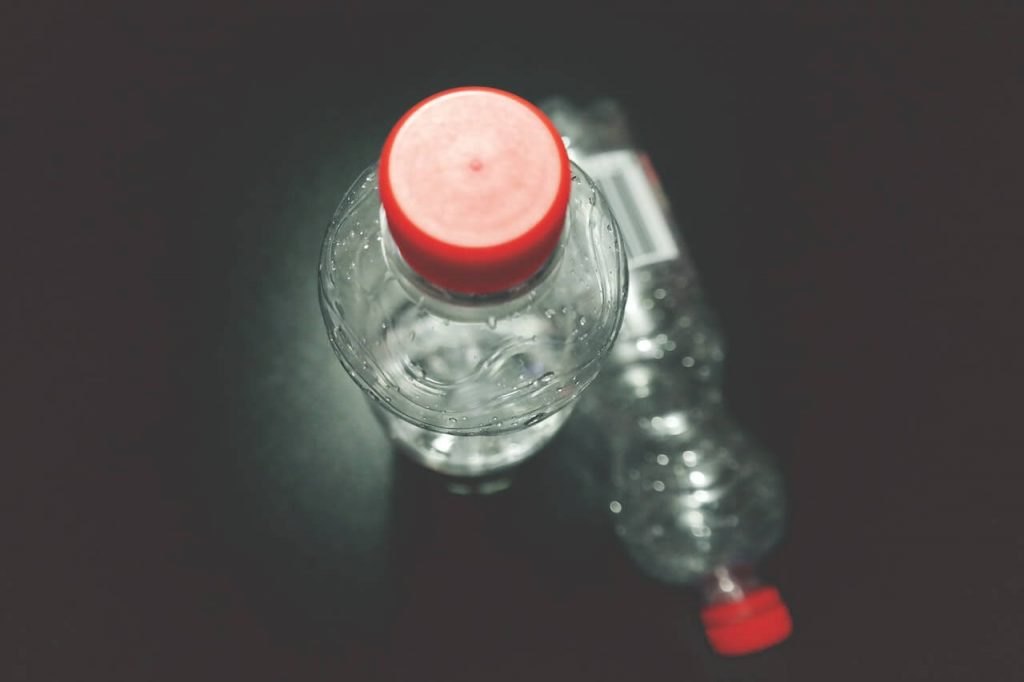
- Find shade soon or go inside to cool room
- Gently apply cold water to skin
- Apply icepacks (armpits and groin area will work best)
- Consume rehydration sachets to allow body to take in salt, sugars and minerals it has lost
- Regularly sip water
People who have drank too much alcohol:
Though drinking alcohol can be fun and delicious, drinking responsibly is really important. If you do not drink with care, dehydration could occur. So, when you do drink alcohol avoid drinking over the recommended alcohol intake (no more than 14 units per week) which should be spread over a number of days rather than consumed in one go
The best way to avoid dehydration whilst drinking, is by making sure you drink enough water at the same time. By drinking water before you consume alcohol and alternating a glass of water and a glass of the alcoholic beverage of your choice will help. Having a glass of water before bed will also help prevent dehydration. You may find the day after drinking alcohol you need to consume more water than usual to prevent headaches and/or dizziness. Make sure you carry around a bottle of water with you so you can have some whenever you feel you need it.
Ways to make sure you are drinking enough water:
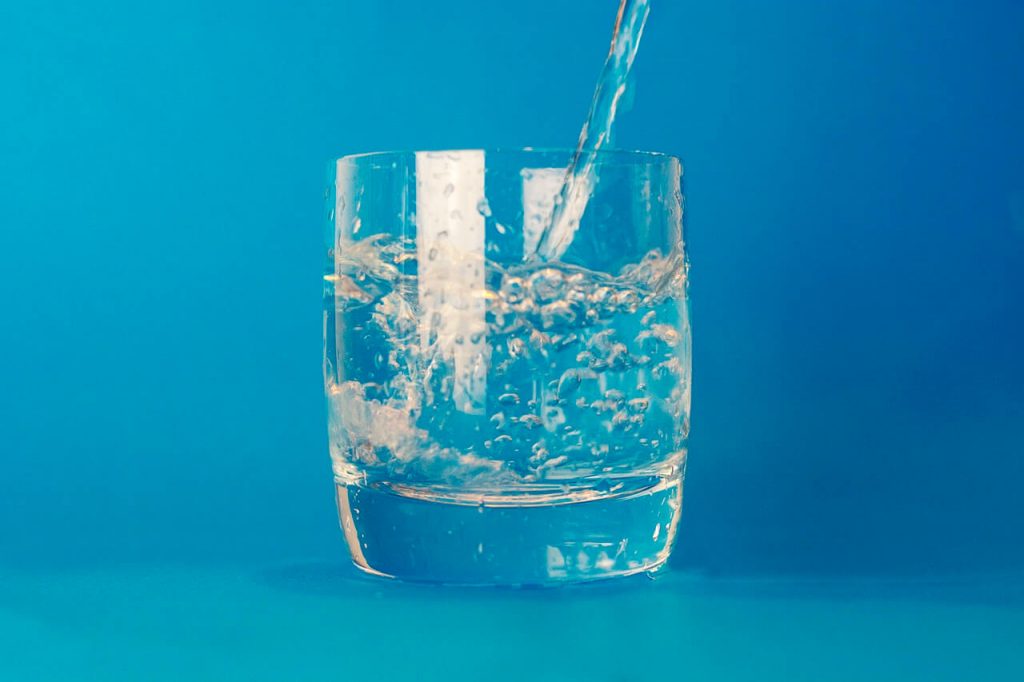
If you think you are dehydrated, then you should drink more water. The next time you go to the toilet, check to see what color your urine is. If it has become more of a pale yellow, you’ll be able to tell that dehydration was the cause of dark urine. Once you are no longer dehydrated you should notice your urine is almost clear and you may need to go more often than usual.
Dehydration can become very serious and can cause a number of health problems. To avoid dehydration in the future, make sure you drink more water throughout the day, trying to hit the recommended amount as much as possible, this way your urine should be a paler yellow and you should be relieved of any other symptoms of dehydration
If you find it hard to drink water, try these tips on how to get into the habit of drinking water:
- Setting hourly phone reminders to drink a glass of water
- Keeping a bottle of water in your bag/on your desk
- Keeping water in the fridge if you prefer it cold
- Keeping a bottle of water next to your bed for during the night
- Drinking one glass of water when you wake up and before you head to sleep
Foods
Believe it or not, certain foods can also change the color of your urine. So, if you know you are hydrated and don’t have a medical condition relating to dark urine, think back over what you have ate in the last day or so. You may find one or a few of these foods are the cause of dark urine
Foods which can affect urine color:

- Carrots
- Asparagus (can also cause odor)
- Beetroot
- Blackberries
- Rhubarb
If you notice that your urine has become dark yellow and you know you are not dehydrated, think back to what you ate earlier on in the day and the day before. You may find that something in a meal is the cause of dark yellow urine. If you’re not or you’ve had a number of food which are known for turning urine dark yellow, try eating them on their own and seeing whether the same things happen. It may also help you keep a food diary, noting down each time you eat one of those foods and track the color of your urine
If you find one of these foods is the source of dark urine, just remind yourself each time you eat it, that dark urine could be a reaction to it so you don’t scare yourself into a panic each time.
Medications/vitamins:
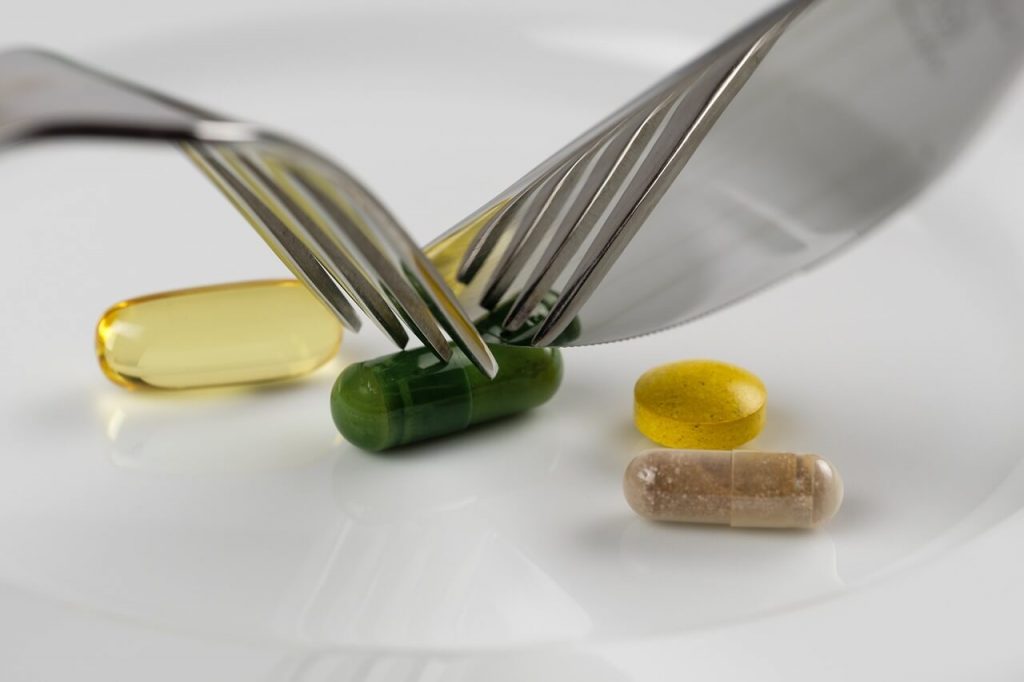
You may also find a medication you have been prescribed or a vitamin you have decided to start taking may also cause dark yellow urine
Medicines and vitamins which can cause dark yellow urine:
- Cascara
- Sulfasalazine
- B vitamins
- Vitamin C
- Rifampin
- Laxatives with Senna
- Chemotherapy drugs
- Warfarin
If you begin taking any of these medicines and/or vitamins watch out for a change of color in your urine. If you are prescribed any medication by your doctors, they will usually tell you beforehand that dark yellow urine is a possible side effect so you will most likely be prepared for this to happen. If, however you are worried, make sure, you speak to your pharmacist or doctor.
Pregnancy
Throughout pregnancy change of color in urine maybe something you notice more than once. There are a number of factors which can affect this including;
- Medication and vitamins
- Dehydration caused by low liquid intake or excessive sweating
- Dehydration caused by vomiting and toxemia
- Gestosis before labor
As with other medications, your doctor will most likely inform you of urine color change being a side effect. Your midwife will also be able to advise you on how to stay hydrated and any other factors which may be causing dark yellow urine.

Illnesses, diseases and conditions which can cause dark yellow urine:
There are a number of illnesses, diseases and conditions which can cause you to have dark yellow urine. If you do not think the change of color in your urine is down to food, medicines, changes you have made in medication or anything else you are aware of you, you should seek medical advice as soon as possible. You may find it could be one of the following causing your urine to be dark yellow and therefore you may catch it early whilst it is easier to treat.
Hematuria (Blood in urine):
If you have blood in your urine, this can change your urine from a ‘normal’ yellow to a dark yellow. Though seeing blood may not be visible this change is color may signify a problem. There are a number of reasons which can cause having blood in your urine. Women, of course if you are on your period, when you urinate you may find this darkens the color of your urine. Other causes for blood in your urine may be:
- A Urinary tract (bladder or kidney) infection
- Bladder or Kidney cancer
- Kidney stones
- Kidney diseases
Even if you have only noticed blood in your urine once, you don’t have any other symptoms, there’s only a small amount or you’re not even sure it is blood, you should always book a doctor’s appointment just to be sure. Whilst you’re at the doctors they may ask for a urine sample, arrange blood tests, prescribe antibiotics or refer you to a specialist.
If you have any other symptoms which you think may help the doctor, then always right these down and make the doctor aware of them in your appointment. You may find they are not related at all but giving the doctor as much information as possible will help them in diagnosing you more accurately.
Hemolytic Anemia:
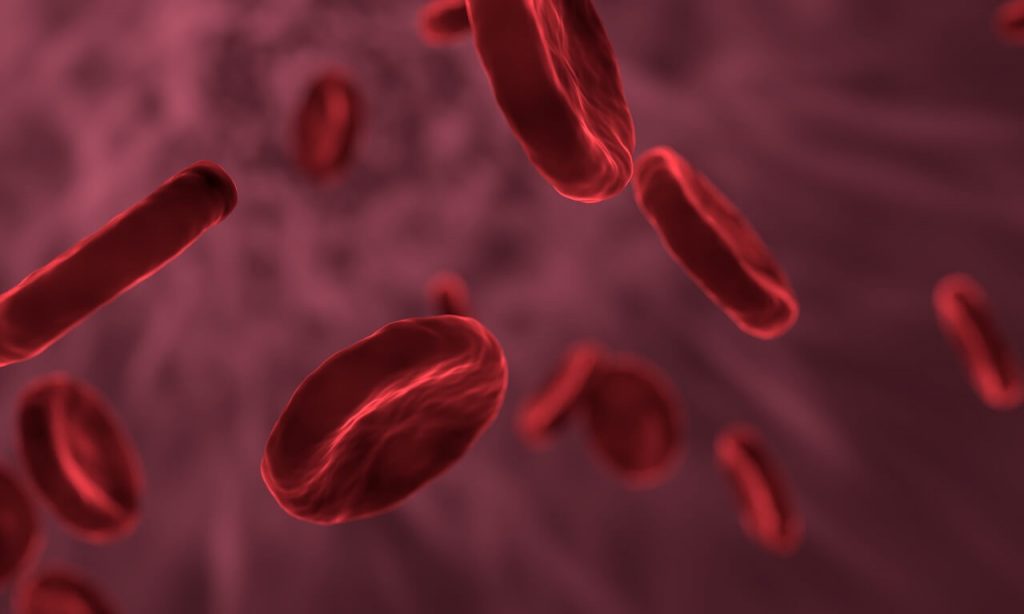
Hemolytic anemia is a form of anemia which is caused by hemolysis, the unnatural breakdown of red blood cells. You may also other symptoms including:
- Fatigue
- Shortness of breath
- Pallor (Pale skin)
Again, if you have any of these symptoms then you should talk to your doctor who be able to give you advice and treatment if it is found this is the cause.
Hepatitis (A, B and C):
Hepatitis is an inflammation in the liver and is usually caused by a viral infection however it can also be caused from alcohol consumption or some medications. Other symptoms of Hepatitis are:
- Jaundice (yellowing skin)
- Nausea and vomiting
- Diarrhea
- Pale feces
- Stomach pain
Even though there are a number of other symptoms, some people may not experience any at all. With hepatitis some cases will be less serious than others. With this, some people may find that the hepatitis will go away on its on whilst, others may have to seek medical treatment and may even have it for a lifetime.
As a whole, there are a number of elements which could be causing you to experience dark yellow urine. If you know that dehydration, food or medication is not the cause then we always advice you speak to your doctor. Any doubt can be reassured and as with most medical problems, the earlier you catch it usually the easier it is to treat.
If you can’t book a doctor’s appointment why not speak to you pharmacist. With their abundance of knowledge, they will be able to give you some types on how to prevent and treat dehydration or give you more information on foods and medications which can cause dark yellow urine.









